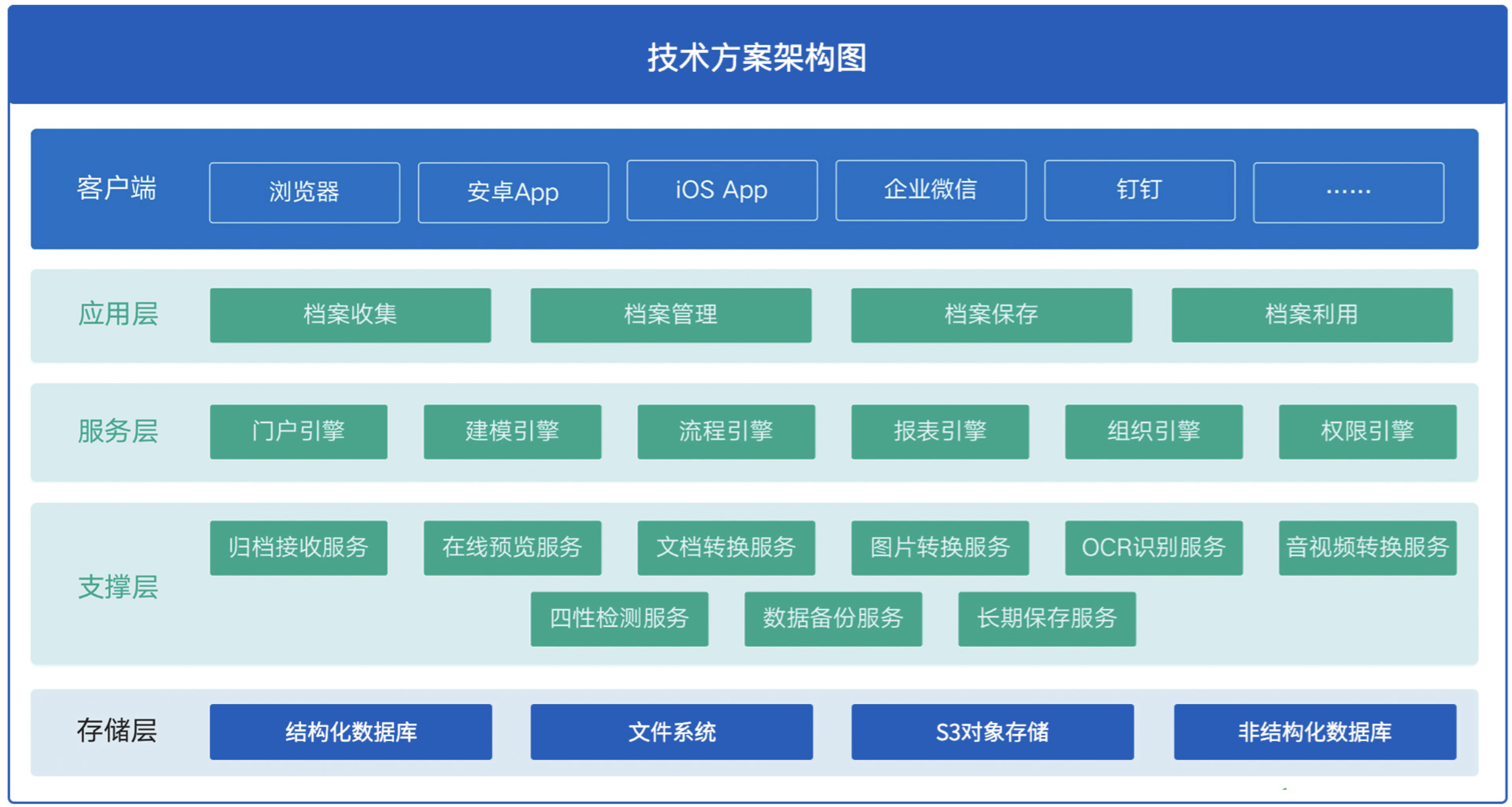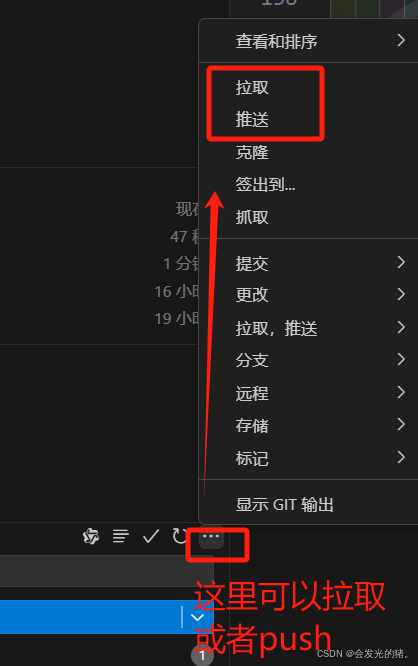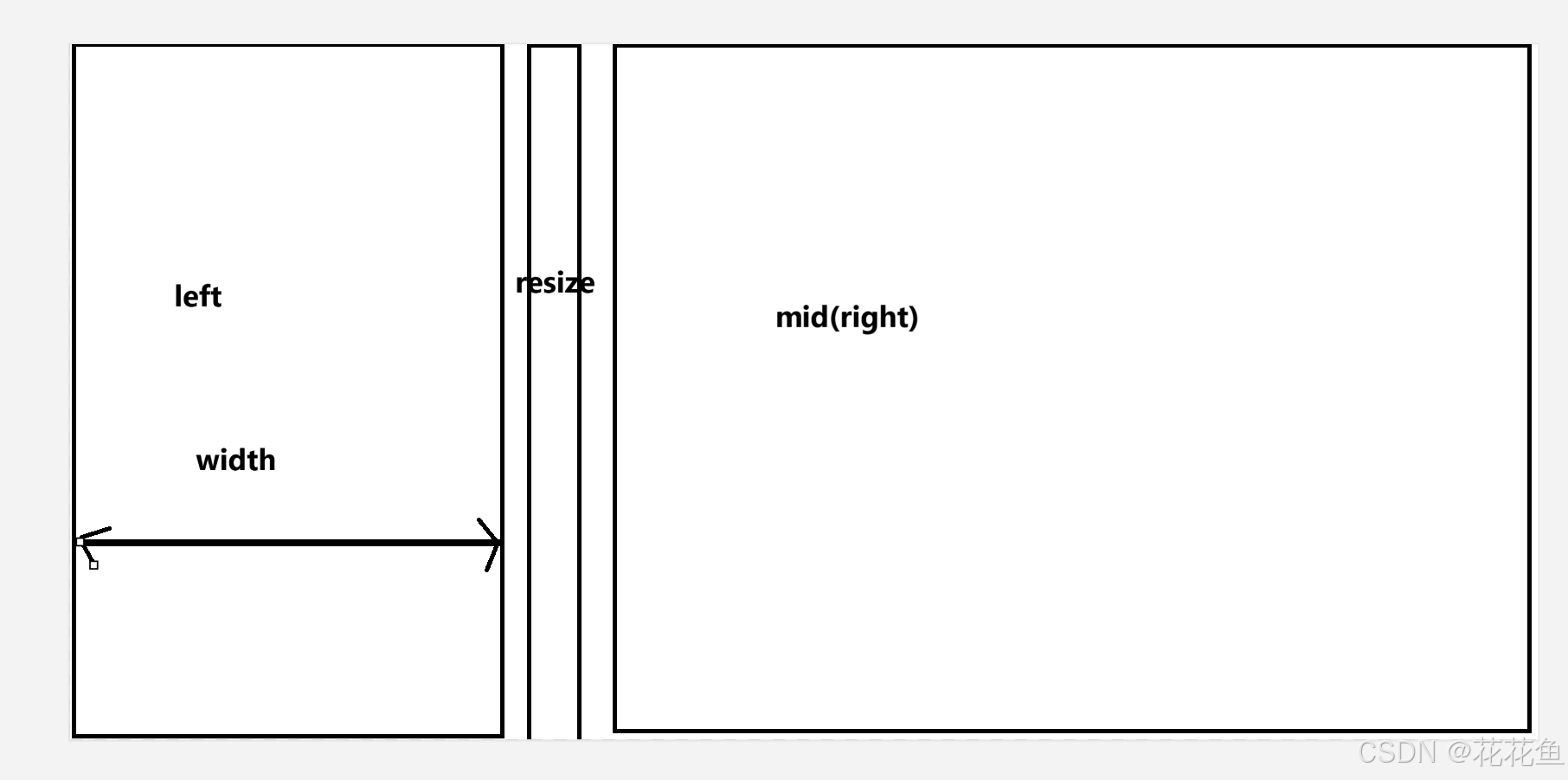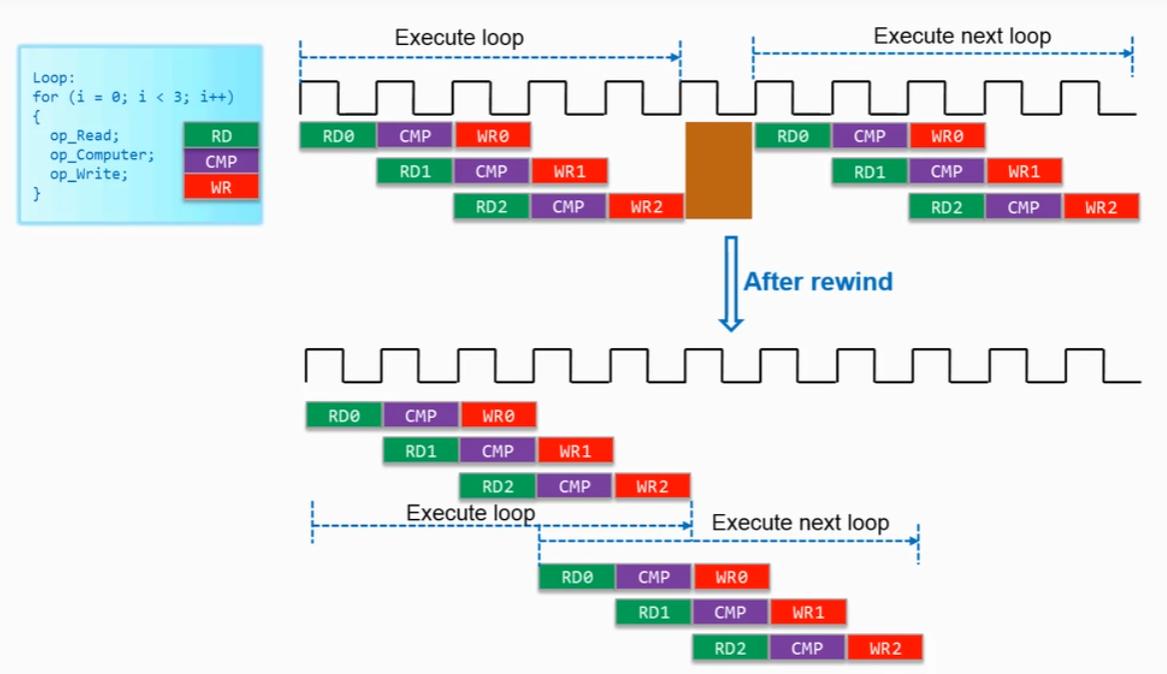在 C++ 中,有四种主要的类型转换操作符:reinterpret_cast、const_cast、static_cast 和 dynamic_cast。每种操作符都有其特定的用途和适用场景。下面分别介绍这四种类型转换操作符及其用法:
1. reinterpret_cast
reinterpret_cast 是最底层的类型转换操作符,它允许你直接改变指针或引用的类型,而不考虑类型之间的关系。它的主要用途包括:
- 指针类型之间的转换:将一个指针转换为另一个不同类型的指针。
- 指针与整数之间的转换:将指针转换为整数类型,或反之。
- 函数指针之间的转换:将一个函数指针转换为另一个具有不同签名的函数指针。
示例:
int main() {
int x = 42;
int* p = &x;
char* pc = reinterpret_cast<char*>(p); // 将 int* 转换为 char*
std::cout << "Original: " << p << ", Casted: " << pc << std::endl;
return 0;
}
2. const_cast
const_cast 用于添加或移除变量的 const 或 volatile 属性。这是唯一一个可以改变变量常量性的操作符。
示例:
void print(int* p) {
*p = 10; // 修改指针所指向的值
}
int main() {
const int x = 42;
const int* p = &x;
int* non_const_p = const_cast<int*>(p); // 移除 const 属性
print(non_const_p); // 修改 x 的值
std::cout << "x: " << x << std::endl; // 输出可能未定义
return 0;
}
3. static_cast
static_cast 是一种通用的类型转换操作符,主要用于以下几种情况:
- 基本类型之间的转换:如
int到double的转换。 - 派生类指针/引用到基类指针/引用的转换:这是安全的,因为派生类对象可以被视为基类对象。
- 基类指针/引用到派生类指针/引用的转换:这是不安全的,如果基类指针实际上不是派生类对象的指针,则会导致未定义行为。
- 枚举类型之间的转换。
- 指针与
void*之间的转换。
示例:
int main() {
double d = 3.14;
int i = static_cast<int>(d); // 将 double 转换为 int
std::cout << "i: " << i << std::endl;
return 0;
}
4. dynamic_cast
dynamic_cast 主要用于多态类型之间的安全转换,特别是在涉及继承层次结构时。它可以用于以下几种情况:
- 基类指针/引用到派生类指针/引用的转换:如果转换成功,返回派生类指针;如果失败,返回
nullptr(对于指针)或抛出std::bad_cast异常(对于引用)。 - 虚基类指针/引用之间的转换。
示例:
class Base {
public:
virtual ~Base() {}
};
class Derived : public Base {
public:
void derivedFunc() { std::cout << "Derived function" << std::endl; }
};
int main() {
Base* base = new Derived();
Derived* derived = dynamic_cast<Derived*>(base);
if (derived) {
derived->derivedFunc(); // 成功转换
} else {
std::cout << "Conversion failed" << std::endl;
}
delete base;
return 0;
}
总结
reinterpret_cast:底层类型转换,不考虑类型关系,可能导致未定义行为。const_cast:用于添加或移除const或volatile属性。static_cast:通用类型转换,适用于基本类型、继承关系中的转换等。dynamic_cast:用于多态类型之间的安全转换,特别适用于涉及继承层次结构的情况。
选择合适的类型转换操作符可以提高代码的安全性和可维护性。



















